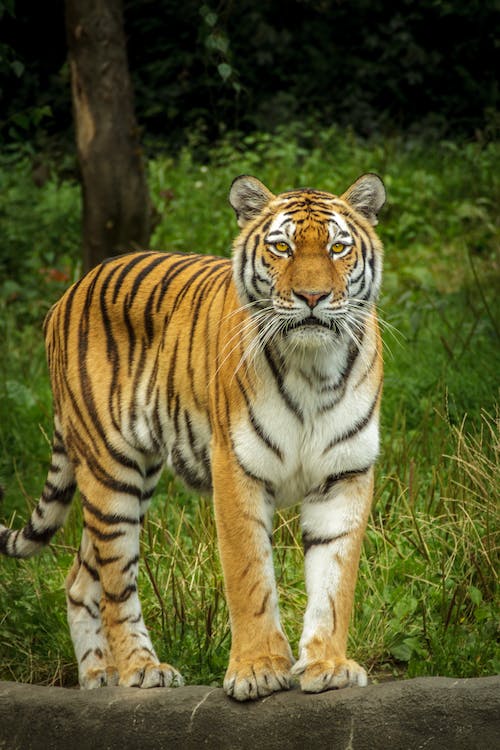Muskingum County Sheriff Matt Lutz, whose department reacted to the incident, testified in a House hearing last May that their work necessitates preparation for unexpected and frequently dangerous events. “However, my colleagues and I should not be faced with the dangers of big cats kept in unqualified hands, nor should our communities.”
The law is supported by the Association of Zoos and Aquariums, Animal Wellness Action, the Humane Society of the United States, and other institutions.
With a few exceptions, approximately 340 public and private establishments that presently have Agriculture Department permits to own, show, and breed big cats will be prohibited from permitting public interaction with the animals.
The International Fund for Animal Welfare's Carson Barylak, campaigns manager, stated that the now-prohibited direct contact displays "incentivize speed-breeding and drive the 'pet' trade" since cubs are often desirable for such a short period of their life.
Accordin to Barylak, the cub handling prohibition will tackle a number of the most egregious cruelty and aid in the cessation of haphazard and relentless breeding of exotic felines.
Exhibitors will have to either stop permitting animal interaction or create a 15-foot safety buffer. The same regulation will apply to establishments that organize or participate in special fundraising activities that allow for some type of animal interaction.
According to the Congressional Budget Office, there are around 150 of these latter organizations.
"CBO expects that prohibiting contact with the cats, or keeping the 15-foot gap, would decrease the financial success of these events," the nonpartisan office concluded in its review of the legislation.
The budget office estimated that restricting or regulating these activities would cost around $80 million per year in lost income. However, the analysts emphasized that they needed evidence on licensed exhibitors' ability to fulfill the new setback and barrier standards.
The new law was also praised by Carole Baskin, CEO of the Florida-based Big Cat Rescue and the suspected target of Maldonado Passage's murder-for-hire Maldonado-Passage's conspiracy.














